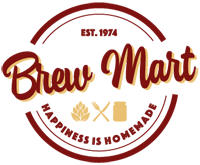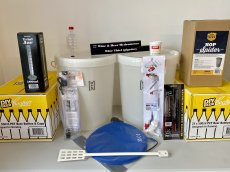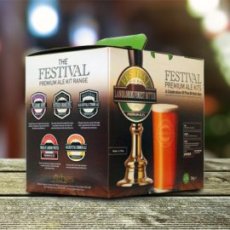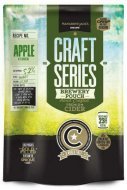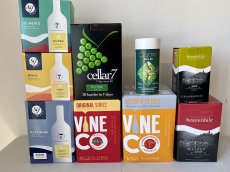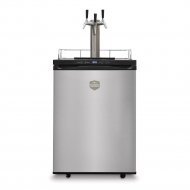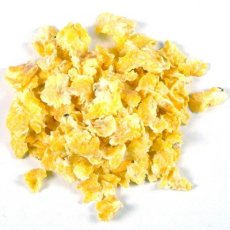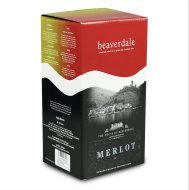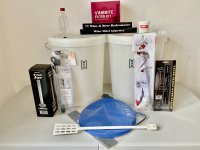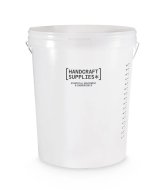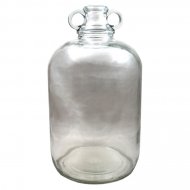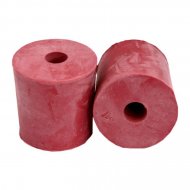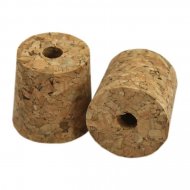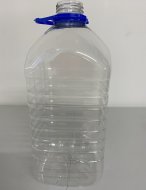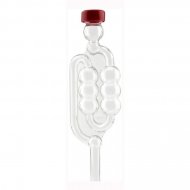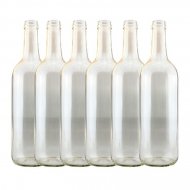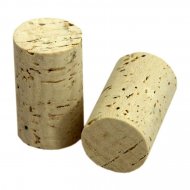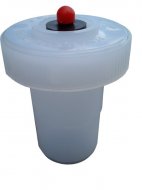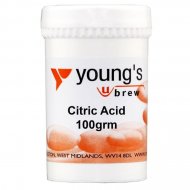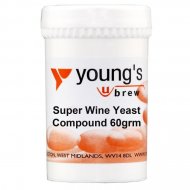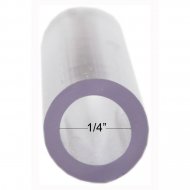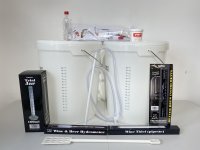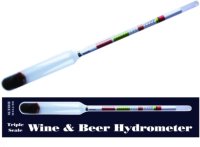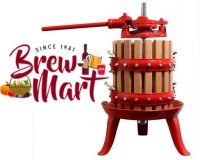Guide To Wine Making
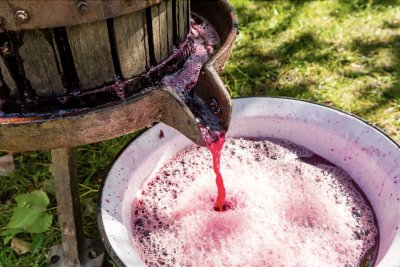
If you’ve ever considered trying your hand at winemaking, why not give it a go? You'll be joining countless others who have recently discovered this enchanting and rewarding hobby. Moreover, it's such a delightful way to spend your time, offering numerous wonderful benefits! There’s genuinely nothing quite like sharing a glass of your own wine with friends and savouring those special moments together.
In the aftermath of World War II, when sugar was scarce and finding enjoyable pastimes was a challenge, home winemaking truly flourished! It continues to capture the hearts of many enthusiasts today. Currently, homebrew shops are brimming with beer and wine kits, Isn’t it remarkable that this thriving industry now generates between £65 million and £75 million annually? Passionate hobbyists are busy crafting delicious country wines right in their kitchens, using fresh fruits and vegetables directly from their gardens. With all the exciting new winemaking techniques available, creating incredible wine at home has become wonderfully accessible and costs just a fraction of the price of store-bought wines!
Wine Kits
VineCo Estate Series Riesling California Wine Making Kit - 30 Bottles
VineCo Original Series Shiraz, California Wine Brewing Kit - 30 Btl
This wonderful phenomenon raises some interesting questions about drawing parallels to the issue. It’s clear from the significant increase in commercial wine consumption over the past 30 years that we’re all enjoying wine a bit more! This presents a fantastic reason to try producing your own and savour an endless supply of your favourite beverages!
In this country, there are absolutely no restrictions on how much wine you can produce, provided it is solely for personal consumption. However, since no duty has been paid on it, not a drop may be sold, or you could find yourself in trouble with the law. This prohibition should be noted and may also apply to cheese and wine parties featuring homemade wine if charges are levied for admission or to the raffling of homemade wines, even for a charitable cause.
What you will need
Try to hold off on purchasing expensive equipment right away. It’s much smarter to start making wine with the items you already have at hand! You likely have some of the essentials in your kitchen, and you can easily collect the rest as you go along.
What You Will Need
Starting your homebrewing adventure with a beginner's starter kit an excellent choice! These kits are typically available at most homebrew shops and offer a wonderful way to embark on your journey in creating your first gallon. If you aim to produce some delightful country wine, you’ll definitely want to acquire a boiler. A boiler that holds three to five gallons would be ideal for you!
If that doesn’t work, feel free to try using a one-gallon or one-and-a-half-gallon saucepan! Just a little tip: it's best to steer clear of containers and utensils made from iron, brass, or copper. These materials can react with acids, potentially making your wine cloudy and changing its flavours. Instead, go for pots made from aluminium, stainless steel, or good old-fashioned, unchipped enamelware.
You will also need a large vessel for soaking or mashing, ideally one that holds approximately 3 to 5 gallons. It is preferable to select one made from high-density synthetic material, such as polypropylene; the sturdier and wider the vessel, the better. Such vessels are readily available at Brew Mart, so there is no real justification for using plastic rubbish bins or coloured containers that are not intended for food and may potentially contain toxic colourants. Investing in a proper bin is a wise choice, as it will serve you well for several years.
Ingredients
If you're starting with fermentation, consider picking up some 1-gallon jars or jars that hold 3 to 5 litres. Demijohns, especially those with ear handles, are quite popular for this purpose! You'll also want to acquire some rubber bungs and corks that fit these jars. Remember that jar sizes can vary quite a bit, so using a pint measure to check your demijohn's capacity is a wise idea. While food-grade plastic bottles or containers of a similar size will work in a pinch, it's best to opt for glass whenever possible, as it's safer and won't impart any unwanted flavours. And don’t forget to collect as many fermentation traps (airlock bubblers) as you desire—they're truly a winemaker's best friend!
Collecting those charming one-litre and half-gallon bottles, as well as lovely white wine bottles, is a truly delightful idea! Just a friendly reminder to steer clear of using squash or sauce bottles. It's also a wonderful practice to select the right corks or stoppers. While reusing old corks might be tempting, they can sadly affect the flavour of your wine in an unpleasant way. So, let’s make it a point to choose new corks and give them a soak in a sterilising solution before we use them. And remember, you can also grab some new plastic stoppers, which are super handy as they can be easily washed after a quick sterilisation in boiling water!
Gathering a few small containers of essential ingredients is a wonderful beginning! You’ll want to have citric acid, Campden tablets, cream of tartar, yeast nutrients, and a dependable general-purpose wine yeast. And remember, it’s a great idea to pick up about a meter of clear plastic siphon tube for racking your wines—it's super handy! It might feel a bit daunting initially, but selecting a basic starter kit from Brew Mart will make everything so much easier, and you just might be delighted by how affordable it can be!
Refinements
While these essentials serve as a fantastic starting point, as you delve deeper into the world of winemaking, you’ll find yourself eager to expand your collection with exciting equipment! Consider a thermometer to monitor those sweet fermentation temperatures, a hydrometer to assess the strength of your wine, and perhaps some glass tubing for easy sampling. Small funnels, casks, stone jars, and labels for your jars and bottles can also prove useful. Additionally, a caulking device, bottle-cleaning brush, and even a fruit press could truly simplify matters, making the entire process more enjoyable.
Equipment
If you strive for precision, you might contemplate acquiring some acid-measuring tools as well. And don’t forget, as you grow more confident, you may wish to produce larger batches, so bigger utensils will be on the horizon! However, there’s no need to worry about all of this from day one; that’s part of the charm of winemaking! You can take it at your own pace—whether by following simple recipes or exploring the intriguing science behind it all to create wines that reflect your unique taste and experiences!
